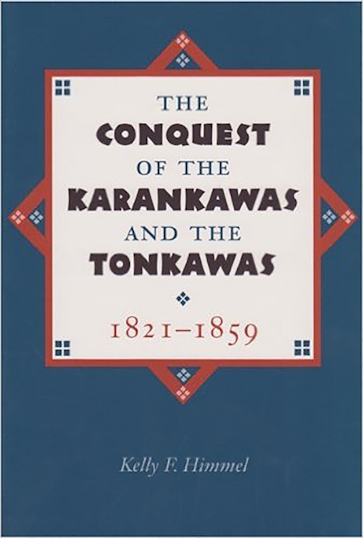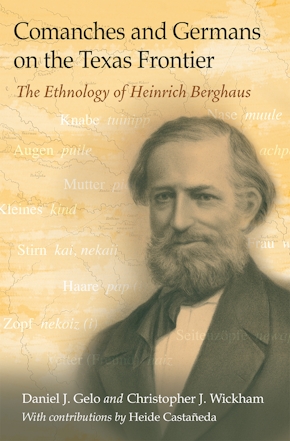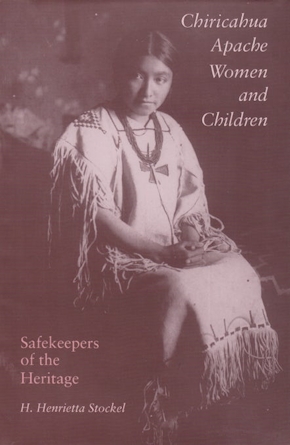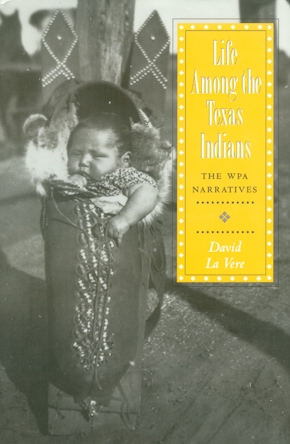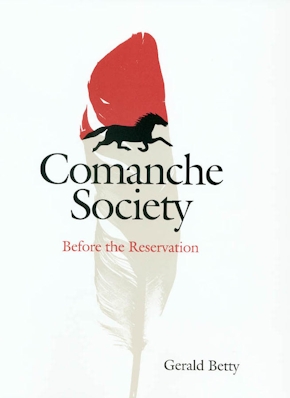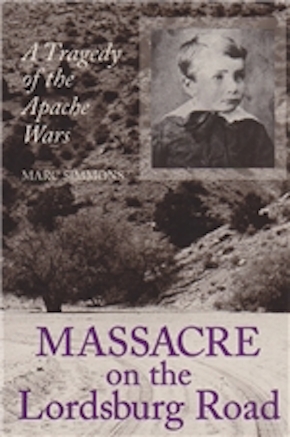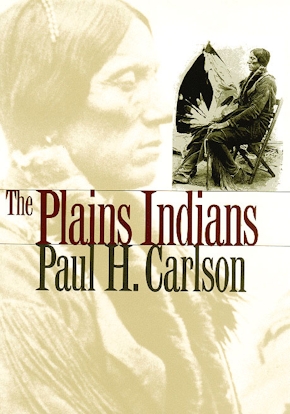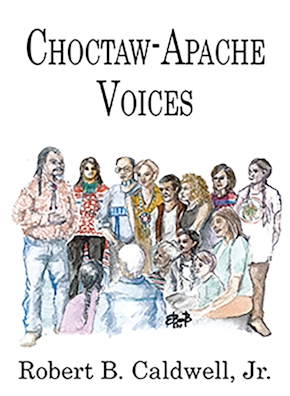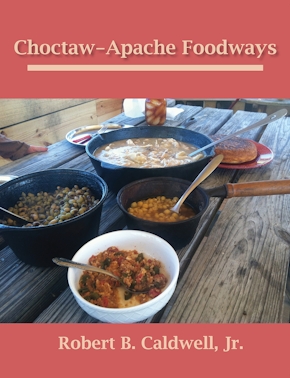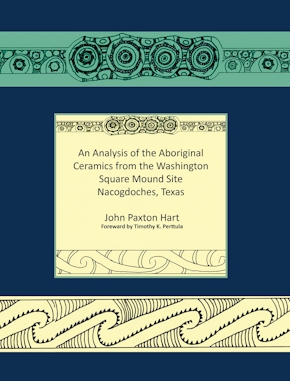The Conquest of the Karankawas and the Tonkawas, 1821-1859
978-1-62349-490-2 Paperback
6 x 9 x 0 in
216 pp. Bib. Index.
Pub Date: 06/24/2016
Available
For the Karankawas and the Tonkawas, the period from 1821 to 1859 was particularly devastating. Once thriving communities, the Karankawas survived only as scattered individuals after a small remnant on the banks of the Rio Grande was massacred, and the few remaining Tonkawas had been pushed across the Red River into Indian Territory.
Kelly Himmel has written an account of this conquest that gives new understanding of the processes. He explores geopolitical and economic factors, as well as the role of individual and collective human actors and the effects of cultural orientations of the conquered and conquering groups toward each other.
Among his findings is the importance of geopolitical location. During the early Spanish period, the coastal Karankawas offered a buffer against French, English, and Anglo-American intrusion into Texas. Later, during the early days of Anglo-American settlement, the Tonkawas provided a barrier against the Wichitas and Comanches. For both groups, when the threat to their European-origin allies ended, so did the alliances. In considering the social construction of the “other,” he describes how early trade patterns predisposed Anglo-Texans to characterize Karankawas as cannibals, while viewing the Tonkawas, for whom much stronger evidence of cannibalism exists, as harmless beggars and petty thieves.
Through the detailed analysis of factors such as these, Himmel not only portrays a period in the history of these two peoples that has been largely unstudied, but also offers lucid explanations of the framework of Anglo-Texan conquest. Historians, sociologists, and anthropologists will find new insight and information in this valuable addition to the literature on Texas Indians and Texas history.
Elma Dill Russell Spencer Series in the West and Southwest
About the Author
Published by Texas A&M University Press
